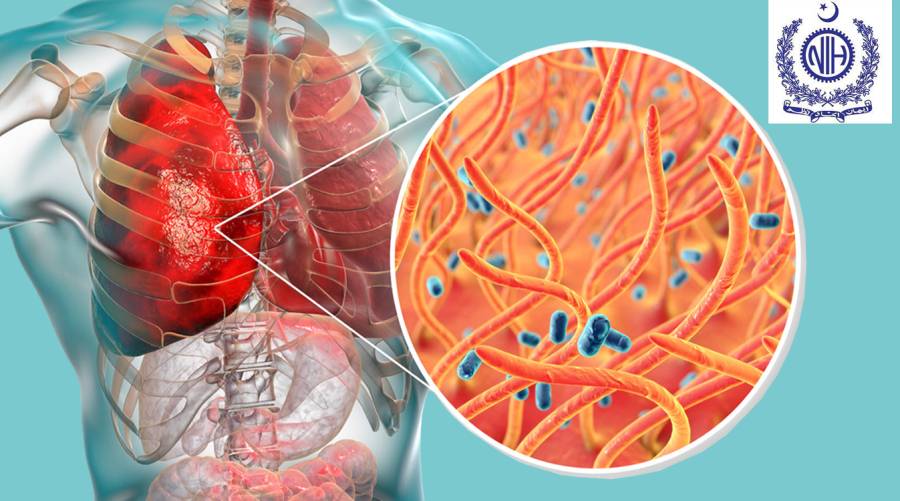NIH issues health advisory for whooping cough outbreak

ISLAMABAD: The National Institute of Health (NIH) has issued a stark warning concerning the looming threat of a surge in whooping cough cases, which could put significant strain on healthcare systems in the near future.
The NIH has expressed deep concern over the possibility of an upswing in whooping cough cases, with a heightened risk anticipated in the coming months. Early symptoms of the disease may include a mild cough, fever, and a runny nose, but these can escalate to severe coughing, particularly impacting infants.
The advisory emphasizes the potential complications associated with whooping cough, which include pneumonia, dehydration, loss of appetite, ear infections, and even psychological issues. These complications underscore the importance of taking preventive measures seriously.
Timely vaccination is highlighted as a crucial preventive measure, particularly for high-risk individuals. The whooping cough vaccine is an integral part of the immunization program, administered to newborns at 6, 10, and 14 weeks after birth.
To combat the potential spread of the disease, citizens are strongly urged to adopt safety measures, maintain a safe distance from suspected cases, and practice thorough hand hygiene. It is essential to cover the mouth during coughing and sneezing to prevent the spread of the disease, with particular emphasis on isolating suspected cases, especially among children and pregnant women. These measures are vital to protect vulnerable populations and contain the spread of whooping cough.
Trending
Popular
Boost your muscle gains with these protein-packed fruits
-
Managing stress no longer a luxury, ...
09:00 PM, 21 Dec, 2024 -
After evening large meals may fuel to ...
06:00 PM, 21 Dec, 2024 -
‘Sleep Apnea is a silent brain ...
03:10 PM, 21 Dec, 2024 -
WHO study reveals key elements of a ...
09:00 AM, 20 Dec, 2024




